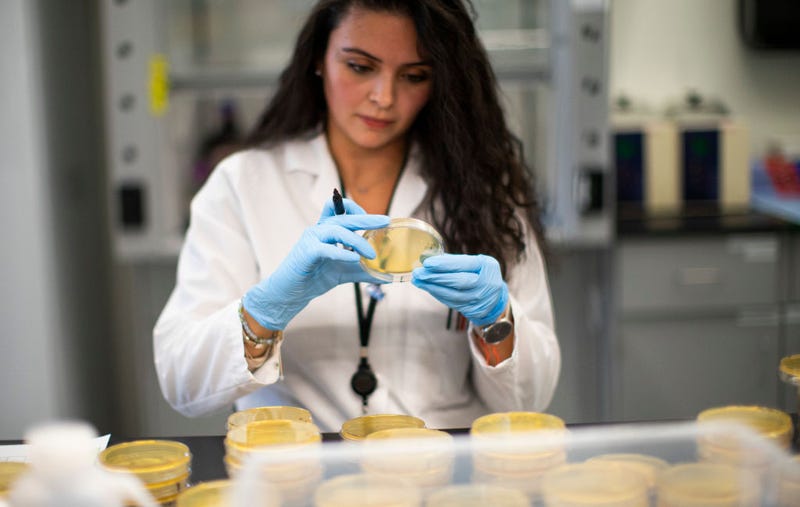
In the past few weeks, anyone following news about the fight against COVID-19 has learned the name “Ivermectin,” a drug that some people are using to treat the coronavirus with extremely mixed results.
Why is the drug’s use so controversial? Proponents say that critics are downplaying its effectiveness because they want to force vaccinations on people. Critics say the treatment is unproven and nowhere near being the “miracle drug” that the anti-vaccination crowd is hoping it will be.
But what is Ivermectin?
Developed to parasite-based infections like river blindness or intestinal problems rooted in roundworm infestation, the drug won its creators the Nobel Prize for Physiology and Medicine six years ago after it “revolutionized therapy for patients suffering from devastating parasitic diseases.”
It is actually recommended by the CDC as a “presumptive therapy” for refugees entering the U.S.
If it is used in people, why has it been called a “horse drug”?
Mostly because there is a version used to deworm livestock, and that version made for animals is much easier to purchase than the human formula, which must be prescribed by a doctor. And yes, some people have bought and ingested the animal version, leading to hospital visits for the people taking it in that form.
But if prescribed by a doctor, it can be used as a medicine for humans as well.
So does it have benefits in the treatment of COVID-19?
At this time, the FDA is not condoning the use of Ivermectin to fight COVID-19, even warning against it. They particularly and explicitly say that COVID patients should not take the animal formulation of Ivermectin for any reason because that version features doses much too high for human consumption.
While they are looking into the possibilities of positive effects resulting from treating COVID with Ivermectin, they issued a warning that read, in part, “The FDA has not reviewed data to support use of ivermectin in COVID-19 patients to treat or to prevent COVID-19; however, some initial research is underway.”
The bottom line is that scientists are still in the early stages of studying what effectiveness, if any, Ivermectin could have in fighting COVID.
The American Journal of Therapeutics reported that data taken from 15 separate trials did show a reduction in death from COVID.
“Moderate-certainty evidence finds that large reductions in COVID-19 deaths are possible using ivermectin,” the seven scientists who authored the analysis wrote in conclusion. “Using ivermectin early in the clinical course may reduce numbers progressing to severe disease.”
However, the drug trials are still in the very early stages, small enough in scope that the World Health Organization has warned that a reduction in hospitalizations and deaths is still a “very low certainty,” so at least for now, the medical community is still recommending vaccination as the best prevention against COVID-19.


